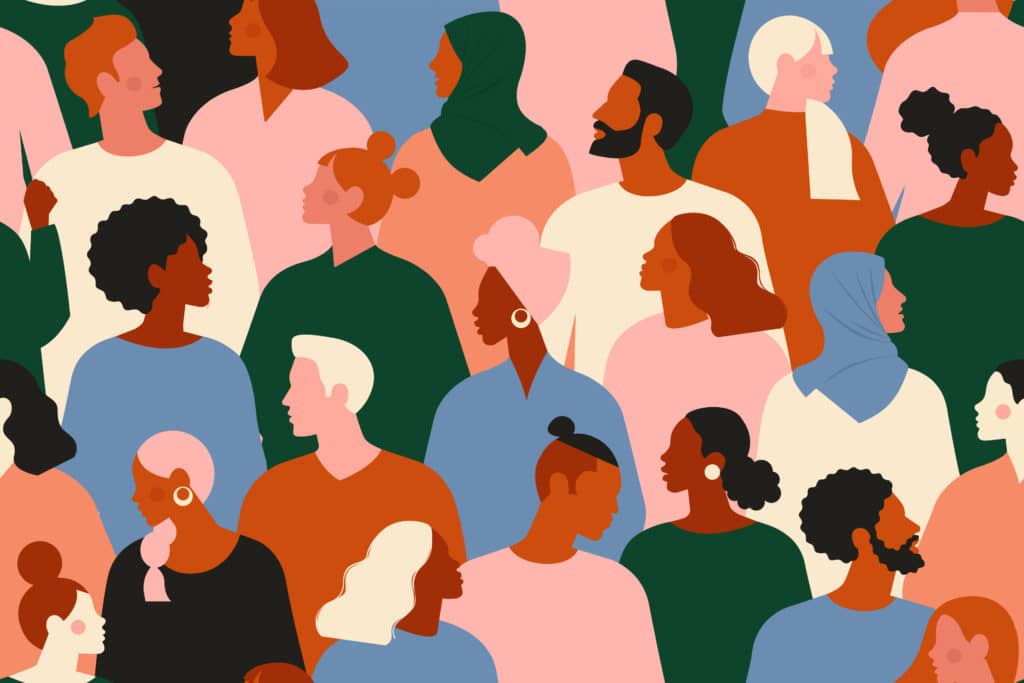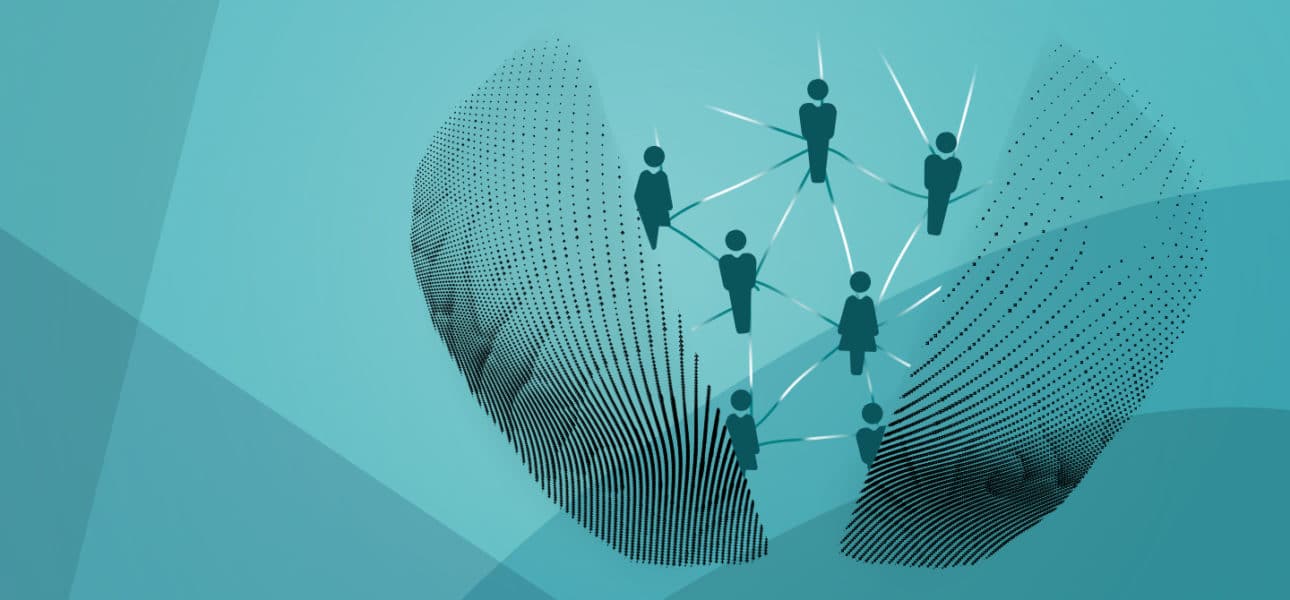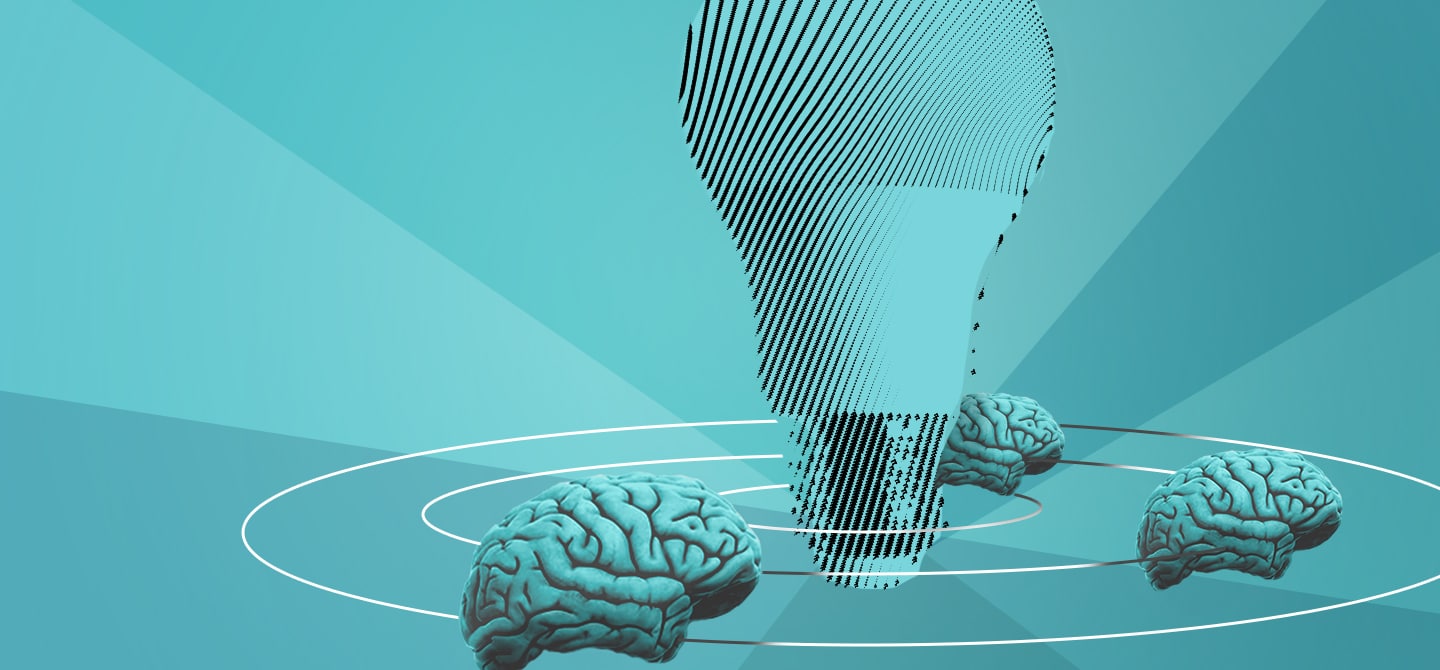Today, companies are confronted with increasing economic challenges and disruptive changes. Faced with rising unpredictability and complexity, most fight to survive by reducing production costs or trying to obtain new market shares. Yet, most leaders are still ill-prepared to handle the unknown.
In this context, how can they then give meaning to the often-paradoxical requirements, expected of them? The overwhelming flood of modern oxymorons like “profitability” and “sustainable development”, “values” and “worth”, “open innovation” and “competitiveness”, or even “social and environmental responsibility” and the “generation of wealth”? A genuine revolution of the social architecture presiding over analysis, decision-making and action is needed to offer new ways of efficiently resolving these issues.
In my opinion, we must establish a true collaborative spirit within companies. To do so, new organisational structures should increase their dependence on collective intelligence. Because, as Euripides said, “none of us know what we all know, together” 1.
The era of pyramids is over
For stubborn individuals disinclined to admit the importance of the benefits of the collective, the Covid-19 crisis provides additional evidence on the advantages of cooperation. Around the world, epidemiologists, doctors, researchers, and engineers, are working together tirelessly to manage the flow of data surrounding the pandemic to model the spread of the virus, predict the impact of possible interventions or develop biomedical solutions to this health issue.
Open-access and reusable codes were exchanged by laboratories across the globe. The world of research and innovation has undergone an unprecedented frenzy of collaboration and production. In other words, pyramidal organisations that subsist here and there in decision-making bodies ruled by a relationship of subordination will soon be over. Nevertheless, we must acknowledge that these ancient (and sometimes inscrutable) dogmatic pyramidal organisational structures forged on authoritative arguments are very efficient in specific circumstances – when the environment in which they evolved remains stable.

How, then, do we incite collective intelligence?
By first objecting to the idea that intelligence deteriorates as soon as we come together to think and decide. Some might believe that individuals are the only agents of intelligence, whereas groups show stupidity. Let us remind them that the cognitive performance of an individual relies first and foremost on the use of tools that are either symbolic (language, writing, etc.) or material (calculating and measuring instruments, energy, transportation, etc.). Each and every one of us is gifted these tools by other people through culture and education: we did not invent them ourselves.
In fact, most of the knowledge brought forth by those who pretend that intelligence is purely individual comes from the collective. Indeed, this knowledge could not have been built or perfected without long chains of intergenerational transmission through family, school or media. Homo sapiens invented the concept of “cumulative cultural evolution”, the phenomenon by which knowledge is built and improved over time via social learning and cooperation. Today, we can measure the benefits of this collective way of thinking through its derivatives: democracy, commerce, art, technology, or science 2.
From the individual to the group
How can we fully harness the resources of an individual – who inherently lives and works in a group – to bring out a form of collective intelligence? First, collective intelligence refers to the cognitive skills of a society, a community or a group and their ability to adapt to change.
This form of collective thinking, far from conformism and standardisation which are oppositions of change, brings into existence new creations to enrich our heritage, especially under the impulse of a sense of obligation urging us to enrich this legacy. Collective intelligence is only fertile when it structures or conjugates singularities, by facilitating dialogue and active listening, certainly not by eliminating differences, or worse yet, by silencing dissidents 3.
Finally, it should be noted that we must study a body of knowledge before we can enrich it. Knowledge of the past is the basis for inventing and building a collective future and for appreciating the degree of intelligence of a human organisation, whether it be a company, a government, an administration or an association. Memory is the cornerstone of collective intelligence!
A collective IQ?
If we can measure individual intelligence in terms of performance at different tasks, and thus derive an individual “intelligence quotient” (the famous IQ), then shouldn’t we be able to assess the intelligence of a group of individuals through its ability to perform collective work? Researchers have thus designed a “C factor” for collective intelligence that can be used to measure group performance based on various tasks 4.
No need to gather people with a high IQ to maximise the collective intelligence of a group. What really matters is the diversity of social sensitivities, skill sets and educational backgrounds of its members, as well as the ability to efficiently interact and to speak in an equitable way during discussions. In other words, an intelligent group is not a group made of intelligent individuals. Rather, it consists of different individuals interacting on the basis of equity and reciprocity, driven by shared moral values. The authors conclude: “it seems easier to increase the intelligence of a group than that of an individual. Could we increase collective intelligence, for example through the use of better online collaborative tools?” 5.
Self-organising communities have been at the heart of the “open-source” world, giving rise to massive projects such as Wikipedia or Linux. Today, confronting the complexity of problems with a diversity of skills is an obvious course of action in problem solving on a global scale and in interdisciplinary contexts. Creating a balanced ratio of power in the work environment will only be possible by rebuilding the foundations of authority. As was the case, for example, when the family and household structures underwent changes in the ‘50s, some behaviours nowadays appear inappropriate in the professional world because they are detrimental to the emergence of collective intelligence.
I hope that these few lines will have convinced our readers on the need to establish relationships based on equity, reciprocity or the sense of obligation in companies, but also in schools and in all human communities – but a few of the key factors favouring the expression of a collective IQ.









